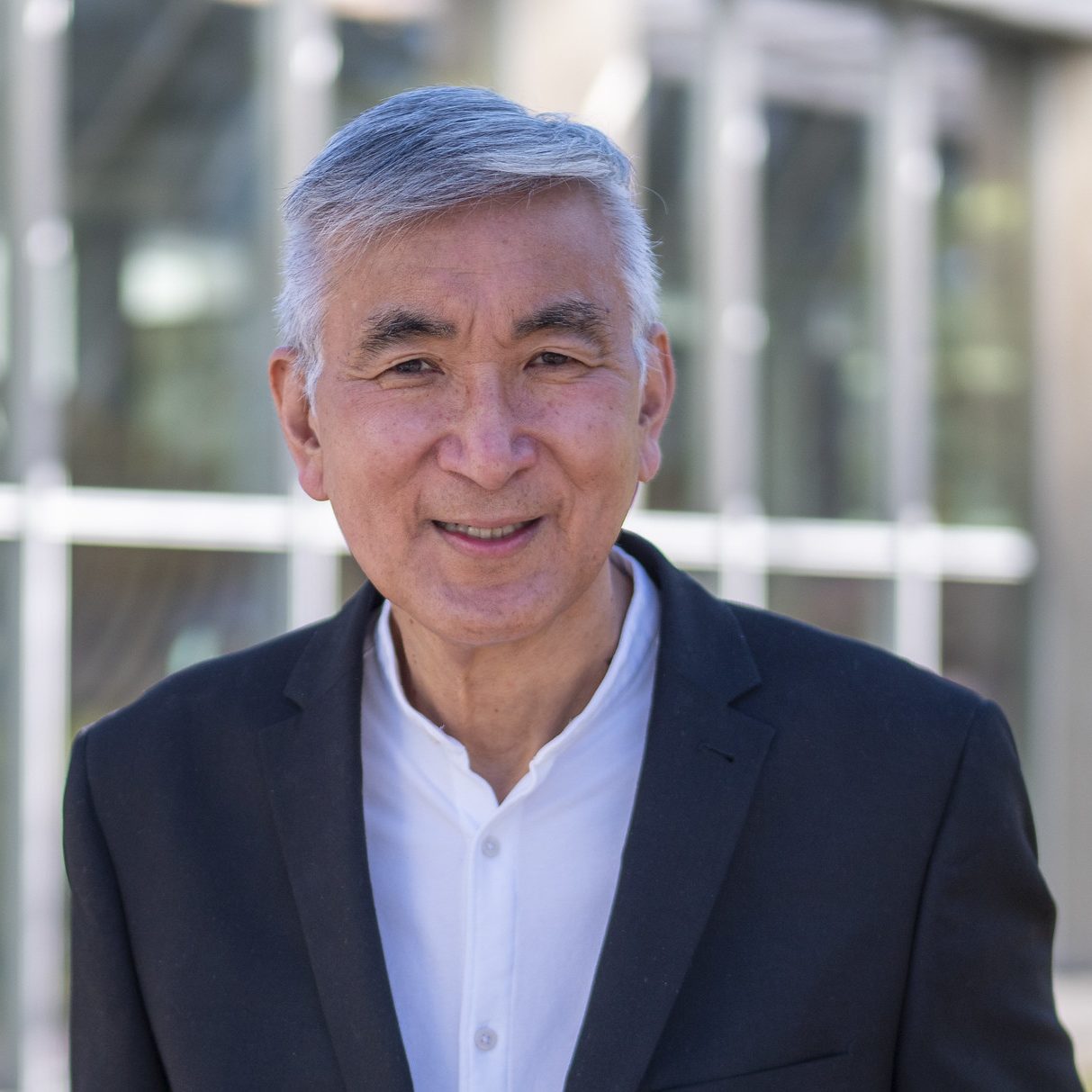Message from the Dean for LFS Community Connects: January 2023

Welcome to a new year, a fresh start for many people.
As we start the year I would like to say a huge thank you to all our alumni who volunteer and mentor, our donors who continue to support our student scholarships and research, our global community who stay connected and share our successes and stories – LFS couldn’t do it without you.
At LFS, I’m excited by the large projects that are underway and soon to be completed!
First off, the UBC Dairy Education and Research Centre, which first opened in 1997 in Agassiz, B.C., is undergoing major renovations. The team in Agassiz are overseeing the installation of robotic milkers and building upgrades, which are slated for completion this spring. Once done, the dairy centre will become the largest robotic milking research site in North America.
This will allow UBC to expand into research enabled by big data collection, providing new insights into animal welfare, animal reproduction and other areas. As we have a strong track record of sharing our findings, this enables us to mobilize new knowledge with the dairy industry, and those in the community.
Another large project is the Food and Beverage Innovation Centre (FBIC), which has just started construction on the UBC Vancouver campus. The FBIC will support B.C. food companies, entrepreneurs and members of the B.C. Food Hub Network in advancing food technology and being more competitive in the marketplace.
Led by Dr. Anubhav Pratap-Singh, who holds the UBC Food and Beverage Innovation Professorship, the FBIC will promote advances in food technology, safety, security and sustainability of local supply chains. The FBIC will be opening next year – you can learn more here and sign up to hear updates.
The last project that I will mention is a new big data lab to be shared by two LFS researchers – Drs. Mahsa Jessri and Frederik Noack. More LFS research programs are relying on artificial intelligence (AI) insights that can arise from the collection and analysis of big data.
Dr. Jessri works at the intersection of nutritional sciences and population and public health. She is using AI to model how Canadians’ health outcomes could be impacted by food policy and nutritional guidelines, with the goal of reducing the burden of chronic diseases. Dr. Noack is a researcher in food and resource economics. He is using big data compiled from citizen science, e.g., ebird, satellite images, and other satellite technologies to track environmental changes, and therefore, creating new opportunities for environmental economics research.
I wish each of you a wonderful year ahead and hope to visit with many of you in person.
Sincerely,
Rickey Yada
Dean and Professor